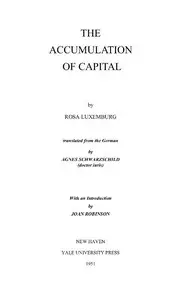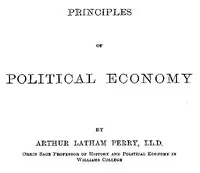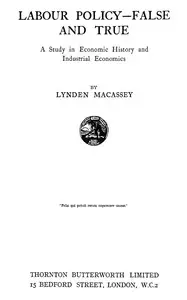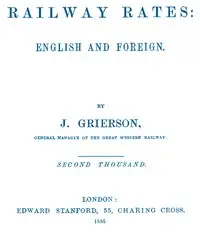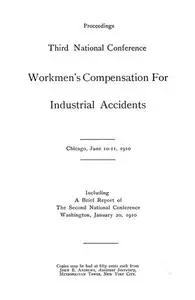"A Contribution to the Critique of Political Economy" by Karl Marx is a key scientific book from the 1800s that looks into how political economy works. It starts by closely checking out commodities, figuring out what they're used for, how much they're worth when traded, and how money matters in a capitalist world. Marx's goal is to break down the tricky money connections that support society and what that means for different social classes and workers. The book kicks off by saying that capitalism shows up through commodities. It talks about how commodities are both useful, because they meet our needs, and valuable when traded, because they're worth something in society. This sets the scene for a detailed look at money relationships, focusing on how work creates value and how capitalism really works. Marx starts explaining how commodities turn into money, pointing out that it's the abstract work that makes commodities able to be traded and what that means for society.
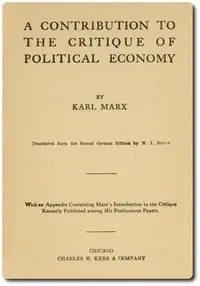
A Contribution to the Critique of Political Economy
By Karl Marx
Discover how the hidden world of labor and commodities shapes society and the economy.
Genres
Released
2014-07-26
Formats
mobi
epub3 (images)
epub
epub (images)
mobi (images)
txt
Free Download
Summary
About the AuthorKarl Marx was a German-born philosopher, political theorist, economist, historian, sociologist, journalist, and revolutionary socialist. His best-known works are the 1848 pamphlet The Communist Manifesto and his three-volume Das Kapital (1867–1894); the latter employs his critical approach of historical materialism in an analysis of capitalism, in the culmination of his intellectual endeavours. Marx's ideas and their subsequent development, collectively known as Marxism, have had enormous influence on modern intellectual, economic and political history.
Karl Marx was a German-born philosopher, political theorist, economist, historian, sociologist, journalist, and revolutionary socialist. His best-known works are the 1848 pamphlet The Communist Manifesto and his three-volume Das Kapital (1867–1894); the latter employs his critical approach of historical materialism in an analysis of capitalism, in the culmination of his intellectual endeavours. Marx's ideas and their subsequent development, collectively known as Marxism, have had enormous influence on modern intellectual, economic and political history.
Total Reviews
10.0k
Total reviews from Goodreads may change

